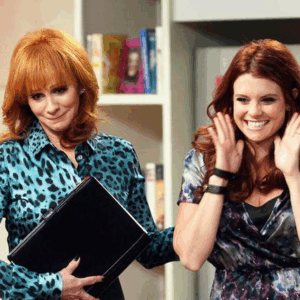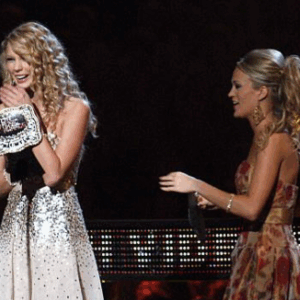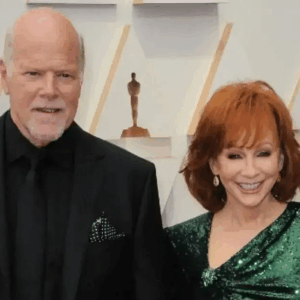Is Michael Bublé’s Wife Overly Fanatical for Claiming That It Wasn’t the Doctors Who Healed Their Son?

Image: Getty Images
In recent news, Luisana Lopilato, the spouse of the celebrated singer-songwriter Michael Bublé, has made headlines with her emotional comments regarding their son Noah’s recovery from liver cancer. During a poignant press conference, she expressed deep appreciation for the support they received and made a statement that has sparked conversations among fans and the public alike: she emphasized that their son’s healing wasn’t solely due to medical intervention. This declaration has raised questions about the implications of attributing their son’s miraculous recovery to something beyond conventional medical practices.
Lopilato’s Heartfelt Update on Noah’s Health
Luisana Lopilato’s declaration came following her son Noah’s successful completion of treatment for liver cancer, which began a significant chapter in their family’s life. After returning to Argentina from Los Angeles, she relayed a heartfelt message, stating, “Thank God our son is fine.” Her expression of gratitude radiated through the room as she addressed not only the medical professionals involved in Noah’s care but also the community of fans and caretakers that provided support throughout this challenging period.
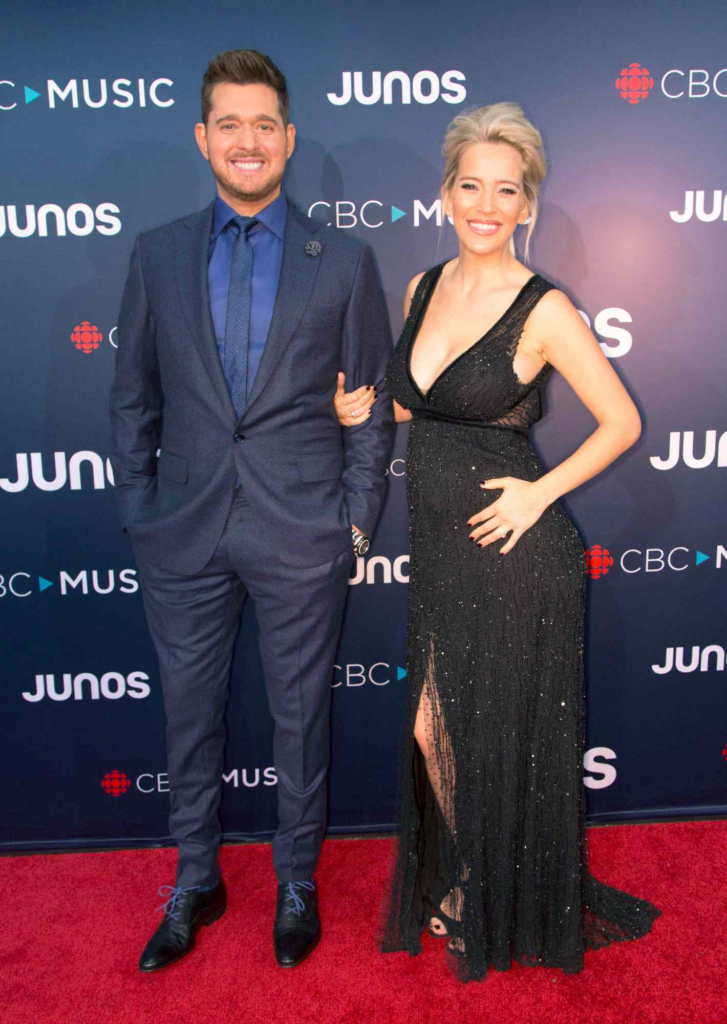
Image: Getty Images
The emotional weight of her words speaks volumes. Lopilato conveyed how the experience profoundly transformed her perspective. The challenges that their family faced, alongside the intense pressure of navigating such a precarious situation, provided moments of reflection on what truly matters in life.
The Role of Faith and Community Support
As Lopilato shared her gratitude, it became clear that her faith and the unwavering support of the community played significant roles in their journey. She acknowledged the outpouring of love and the collective efforts of friends, family, and even fans who prayed and hoped for Noah’s recovery. This sense of community has been instrumental in helping them cope with the emotional turmoil that accompanies such serious health challenges.

Image: Getty Images
Lopilato’s assertation of faith as a healing power raises an intriguing discussion point about the intersection of medical science and faith-based healing. While her comments may have been intended as a show of gratitude towards their spiritual journey, there are concerns that such beliefs could undermine the crucial role of modern medicine in treating serious illnesses like cancer.
Is It Excessive to Attribute Healing Solely to Faith?
The comments made by Lopilato might be viewed by some as excessively fanatical, particularly in an era where scientific understanding is paramount. While attributing their son’s recovery solely to divine intervention could be seen as diminishing the efforts of medical professionals, it also opens a conversation about the various ways people choose to navigate their grief and hardship. It’s interesting to note that faith often provides comfort to individuals faced with extreme adversity.

Image: Getty Images
Critics may argue that nuances exist in how recovery narratives are framed. Medical professionals work tirelessly to create treatment plans grounded in science; thus, acknowledgment of their expertise is fundamental. On the other hand, there’s an understanding that families coping with serious issues may lean heavily into their faith for solace and strength, possibly as a means of coping with helplessness during their child’s illness.
Lopilato’s comments may have a dual impact—while emphasizing the importance of spiritual faith, they also echo deep gratitude for the technical and emotional support provided by healthcare workers. This balance is essential in a world that often seeks to separate science from spirituality. The truth is that both elements can coexist and provide support in profound ways during life-altering situations.
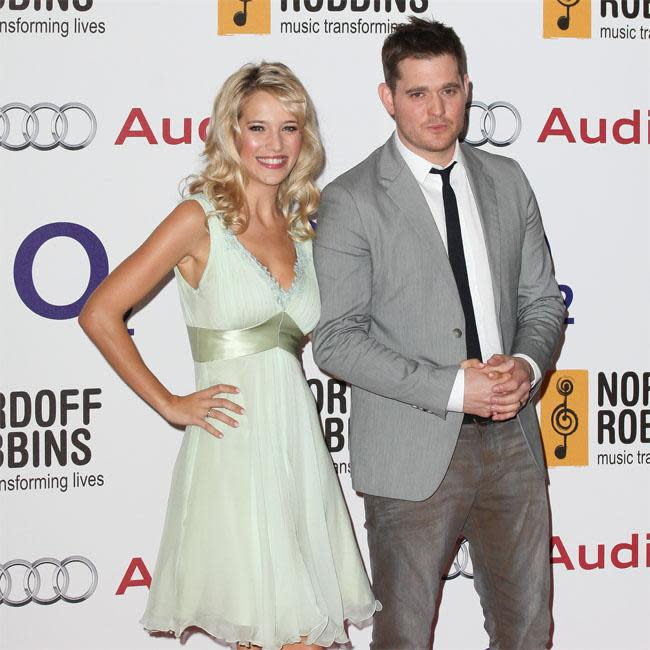
Image: Getty Images
In conclusion, while Luisana Lopilato’s assertions about faith and healing have raised eyebrows in some circles, they also highlight the multifaceted nature of healing. The combination of medical intervention, community support, and personal faith can create a rich tapestry of recovery narratives that can inspire hope. For those who have experienced similar challenges, sharing their journeys can provide invaluable support and encouragement. By fostering discussions around these complex themes, we can better understand the myriad ways individuals cope in times of crisis.
If you or a loved one are navigating health challenges, take heart in community support and the importance of diverse perspectives in healing. Reach out, share your story, and connect with others who have faced similar trials.
